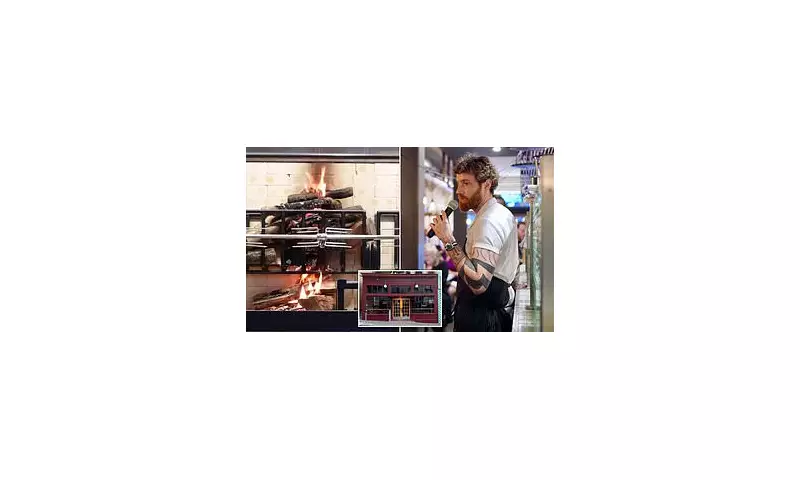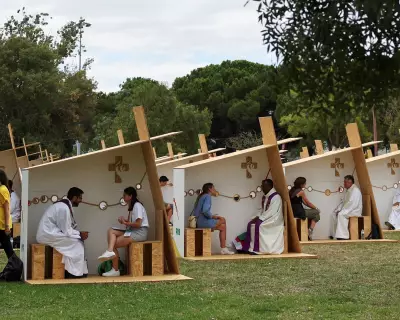
In a move that has ignited fierce debate across the culinary landscape, San Francisco authorities are proposing stringent new regulations that could significantly restrict the use of wood-fired grills and stoves throughout the city.
The Smoke-Free City Initiative
The proposed legislation, part of the city's broader environmental and air quality improvement strategy, targets commercial establishments and potentially even residential properties using wood-burning cooking methods. Officials argue that the measures are necessary to reduce particulate matter emissions and improve public health outcomes.
Restaurant Industry Up in Flames
Local restaurateurs and chefs have expressed profound concern about the potential impact on their businesses. Many establishments specialising in artisanal pizza, grilled meats, and traditional cooking methods fear these restrictions could fundamentally alter their culinary offerings and threaten their viability.
"This isn't just about cooking methods—it's about preserving culinary heritage and the character of our dining scene," one prominent chef told reporters. "Wood-fired cooking brings unique flavours and experiences that simply cannot be replicated by electric or gas alternatives."
Residential Backlash Gathers Steam
The controversy extends beyond commercial kitchens, with homeowners and barbecue enthusiasts equally alarmed. Weekend warriors who pride themselves on their smoking techniques and backyard gatherings feel their personal freedoms are under threat from what they perceive as excessive government overreach.
- Potential ban on new wood-fired installations in restaurants
- Stricter emissions standards for existing equipment
- Possible restrictions on residential wood-burning practices
- Financial implications for businesses requiring equipment upgrades
Environmental Arguments vs Culinary Tradition
Proponents of the measures point to documented health concerns associated with wood smoke, particularly in dense urban environments. They argue that modern alternatives can achieve similar results without compromising air quality.
However, opponents counter that the environmental impact of wood-fired cooking in San Francisco represents a minuscule fraction of overall emissions, making the proposed restrictions disproportionate to their actual benefit.
What Comes Next?
The proposal is expected to undergo several rounds of public consultation and committee reviews before any final decision is made. Both sides are preparing for what promises to be a heated debate about the balance between environmental responsibility and cultural preservation in one of America's most food-forward cities.
As the discussion continues to simmer, many are watching closely to see whether San Francisco will extinguish traditional cooking methods in pursuit of cleaner air, or if common ground can be found that satisfies both environmental and culinary concerns.




